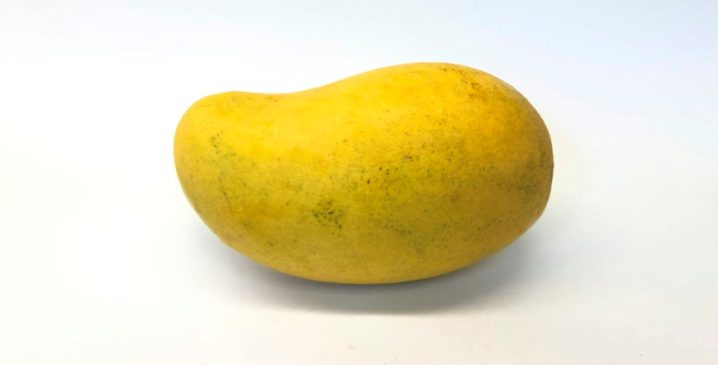In the gated suburb of Naalya, where the houses all look alike and dogs bark more than children laugh, lived a man named Tendo Matovu. At just 38, Tendo had it all: a white Prado, an MBA from London, and a “motivated” phone voice that could close deals by lunchtime.
But beneath the success, Tendo had one terrible weakness. He hated to wait.
Traffic. Queues. Staff meetings. Even his microwave—“How can rice take 3 minutes?!” he once shouted.
So when he bought his dream home and planted a mango tree in the yard, he did not just plant it—he declared it an investment.
“Give it 18 months,” he told his wife. “We’ll never buy mangoes again.”
He watered it daily. Bought the best fertilizer. Set calendar reminders to prune it every third Sunday.
But two years passed. And nothing. Not a flower. Not even a lazy bee pretending to inspect it.
Tendo was furious. He called the landscaper, who shrugged. He consulted Google, which blamed the soil. He even asked the gardener, who nervously muttered, “Sometimes trees are like children—they come late, but they come.”
“Useless,” Tendo spat. “Even the papaya at the fence is performing better!”
Finally, in desperation, he stormed over to his elderly neighbour—Uncle Rwamiti, the quiet man with the stooped back and the garden that always seemed to smile.
“Uncle,” Tendo barked, “what’s wrong with my mango tree? I’ve done everything!”
Uncle Rwamiti looked at the tree. Touched its bark. Smelled its leaves. Then walked away without a word.
Tendo was fuming. Until he found a folded note on his veranda the next morning. It read:
“You can feed the soil. You can protect the stem. But you cannot pull the fruit out of the flower.”
“Mangoes don’t ripen faster because you’re late for a smoothie.”
That dry season, he did nothing to the tree. He stopped hovering. Stopped blaming the mangoe. He even learned to sit in its shade.
One morning, as he sipped tea with less sugar and more stillness, he saw it: A tiny yellow bloom. Then another. Then bees. Then time.
By the next rainy season, the tree was full. Juicy, sun-warmed mangoes—so sweet they embarrassed sugar.
When his wife bit into the first one, she asked, “So what was the trick?”
Tendo smiled and replied: “Let the tree be a tree. And learn to ripen yourself while you wait.”
That evening, he walked over to Uncle Rwamiti with a basket of the first harvest.
The old man chuckled. “Ah… even mangoes know when a man is ready.”
They sat quietly, peeling fruit with their thumbs, juice running down their hands. Then, with the sun settling like a blanket across the hills, Tendo asked:
“Uncle… why did the mango take so long?”
Uncle Rwamiti wiped his chin and leaned forward.
“Tendo,” he said softly, “the tree was never late. You were early.”
“You see, young man, the problem with your kind of mind is that you believe your plans are more real than nature.”
“You were not just waiting for mangoes. You were attaching your peace to mangoes. You made your joy depend on their timing.”
“But life doesn’t ripen on demand,” the old man went on. “Even babies take nine moons. Mangoes come when they’re ready. People heal when they’re ready. Love matures when it stops being controlled.”
He paused, letting the silence breathe.
“Most of our suffering, my son, comes not from what happens—but from how tightly we hold on to what we expect to happen.”
“If you want to live with a soft heart and a steady mind, learn this: plant with care, but release the outcome. Serve with love, but don’t cling to results. Let your work be clean, and your waiting be calm.”
Tendo nodded slowly, like a man peeling away not just mango skin, but old habits.
“So… doing less is sometimes doing more?” he asked.
Uncle Rwamiti grinned. “It is not about doing less. It is about grasping less. Water deeply, prune wisely, then sit down. That is the discipline of the patient.”
“One day,” he added, “you’ll see that the ripest fruits are not those we chased—but those we made room for.”
They sat in stillness, two generations, two worlds—but one quiet understanding.
🌾 Uncle Rwamiti’s Final Whisper:
“Learn to wait like a mountain.
And release like the wind.
For what you force will rot.
But what you hold lightly… will feed you.”
Photo by Becky Mattson on Unsplash












